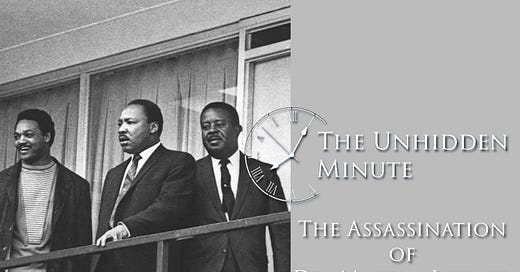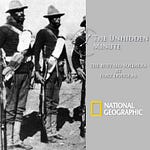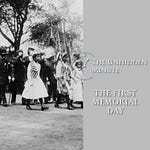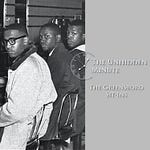Dr. Martin Luther King Jr., a prominent leader in the American civil rights movement, was assassinated on April 4, 1968, in Memphis, Tennessee. He was in the city to support a strike by African American sanitation workers. While standing on the balcony of the Lorraine Motel, King was fatally shot by James Earl Ray, a fugitive from the Missouri State Penitentiary. His assassination sent shockwaves across the United States and the world, sparking riots in more than 100 American cities. King’s death marked a tragic turning point in the civil rights movement, but his legacy of nonviolence, equality, and justice continues to inspire generations. The nation mourned the loss of a visionary who had led peaceful protests, including the Montgomery Bus Boycottand the March on Washington, where he delivered his iconic "I Have a Dream" speech. In 1986, the U.S. established Martin Luther King Jr. Day to honor his life’s work.
The Joy Trip Project celebrates the enduring legacy of Black American History. The Unhidden Minute is part of the Unhidden Podcast Project supported through a National Geographic Explorer Grant from the National Geographic Society, with the cooperation of the National Park Service. This series elevates the untold stories of Black American historical figures, events and cultural contributions.
(Cover image) The Rev. Martin Luther King Jr. stands with other civil rights leaders on the balcony of the Lorraine Motel in Memphis, Tenn., on April 3, 1968, a day before he was assassinated at approximately the same place. From left are Jesse Jackson, King and Ralph Abernathy.
Charles Kelly/AP
#unhiddenblackhistory #NationalParkService #yourparkstory #NationalGeographic #unhiddenminute














Share this post